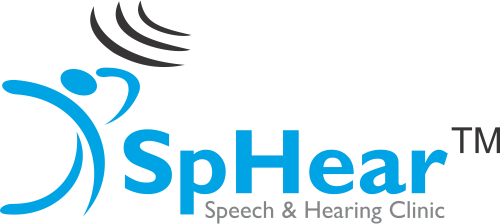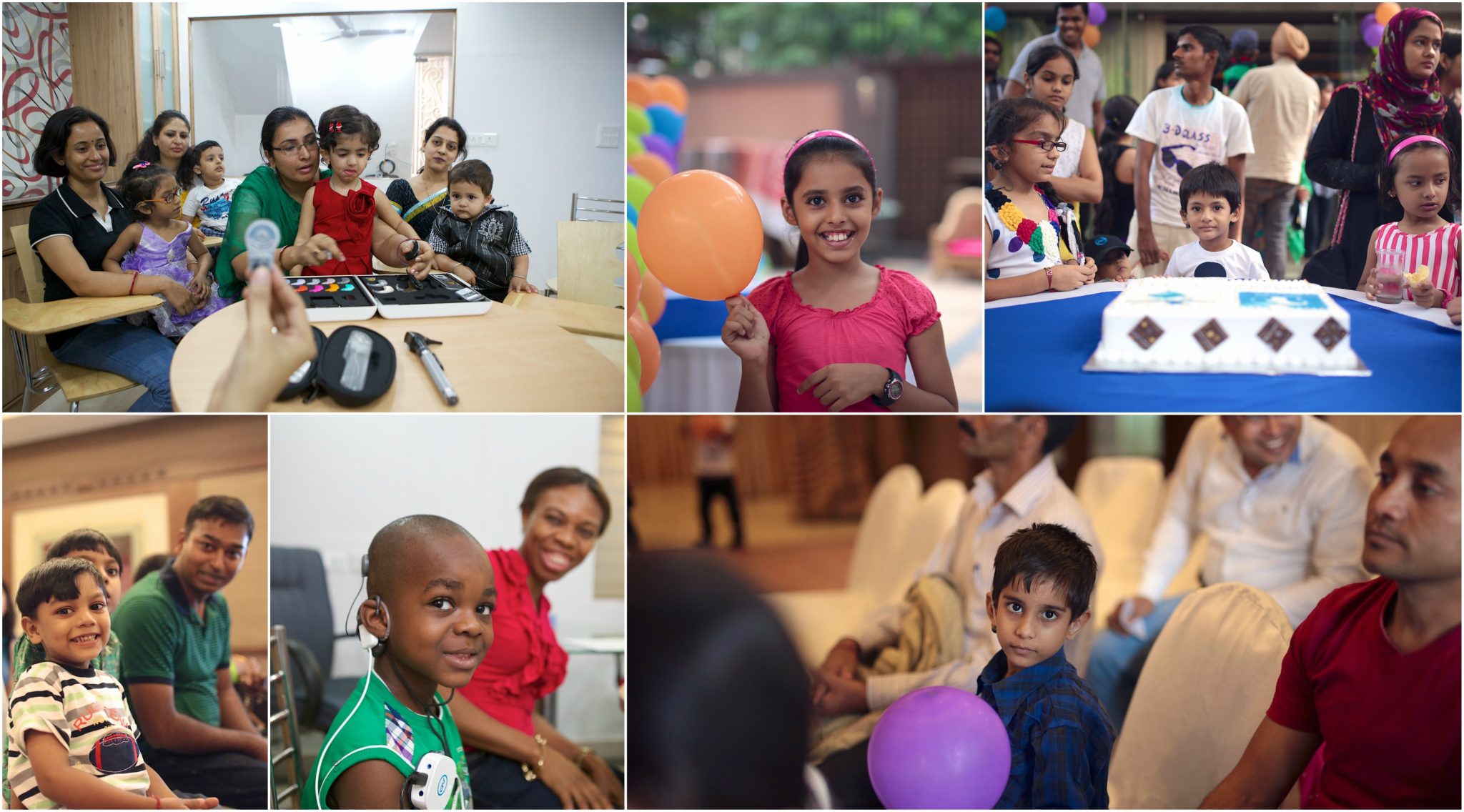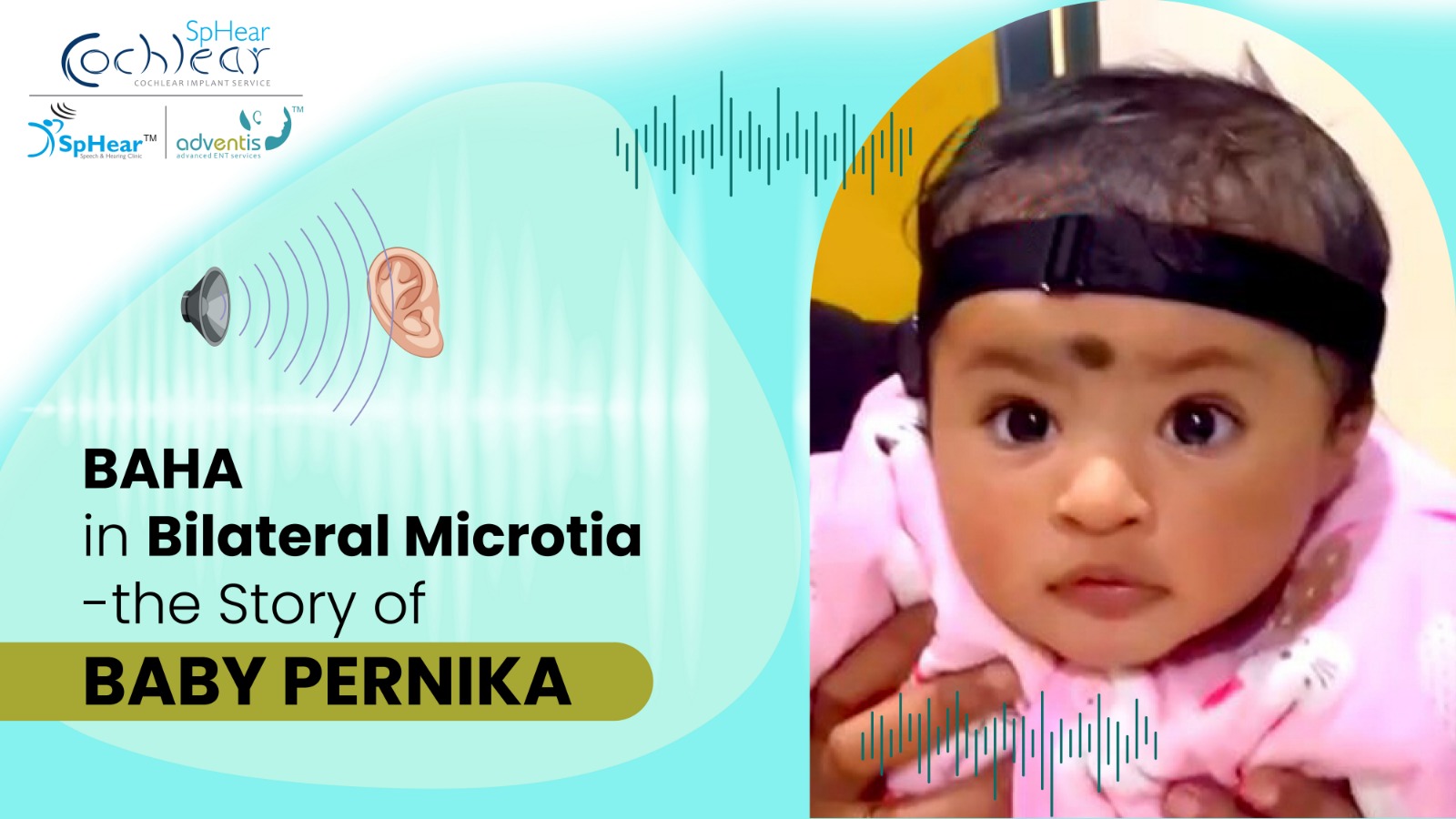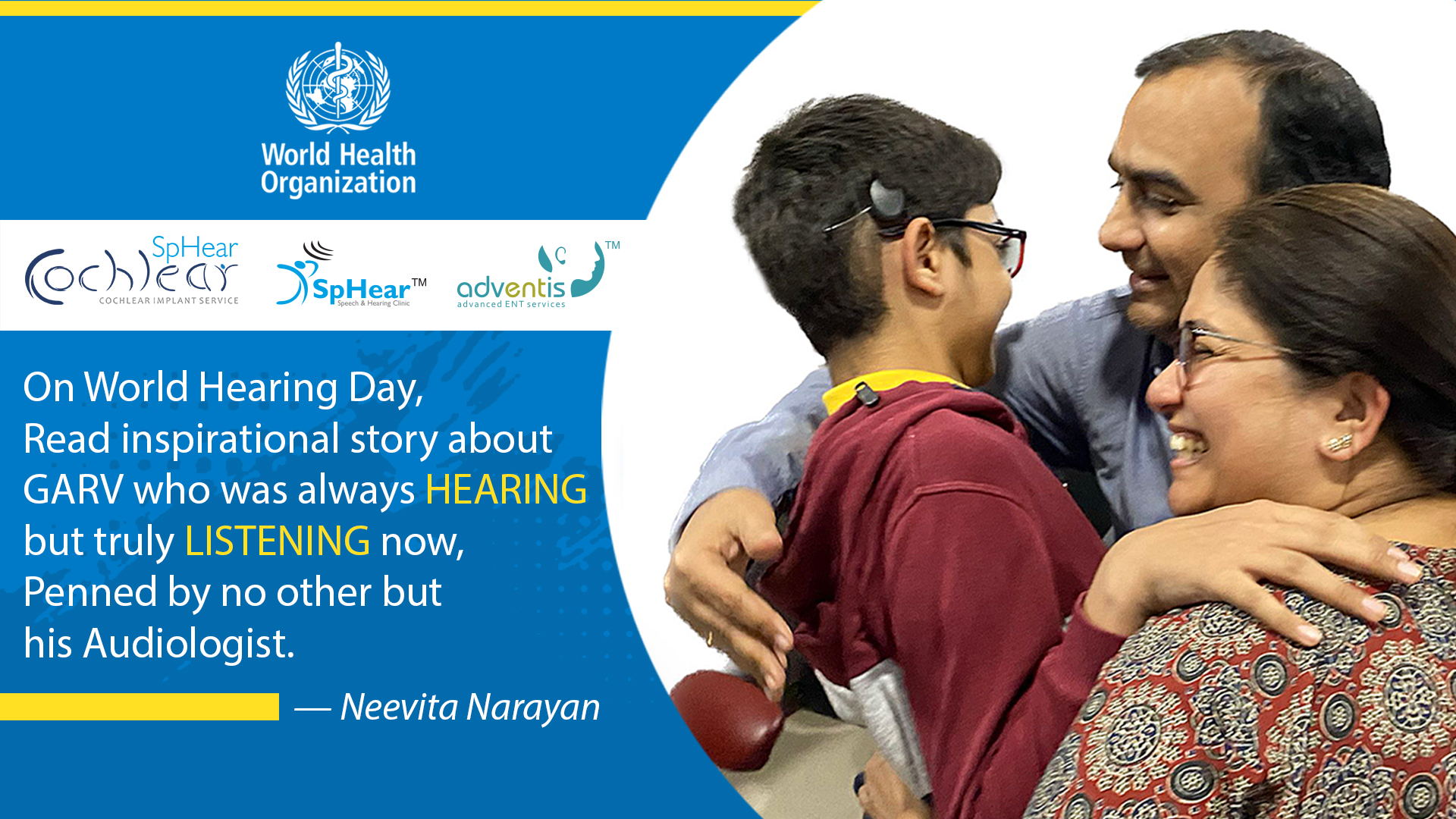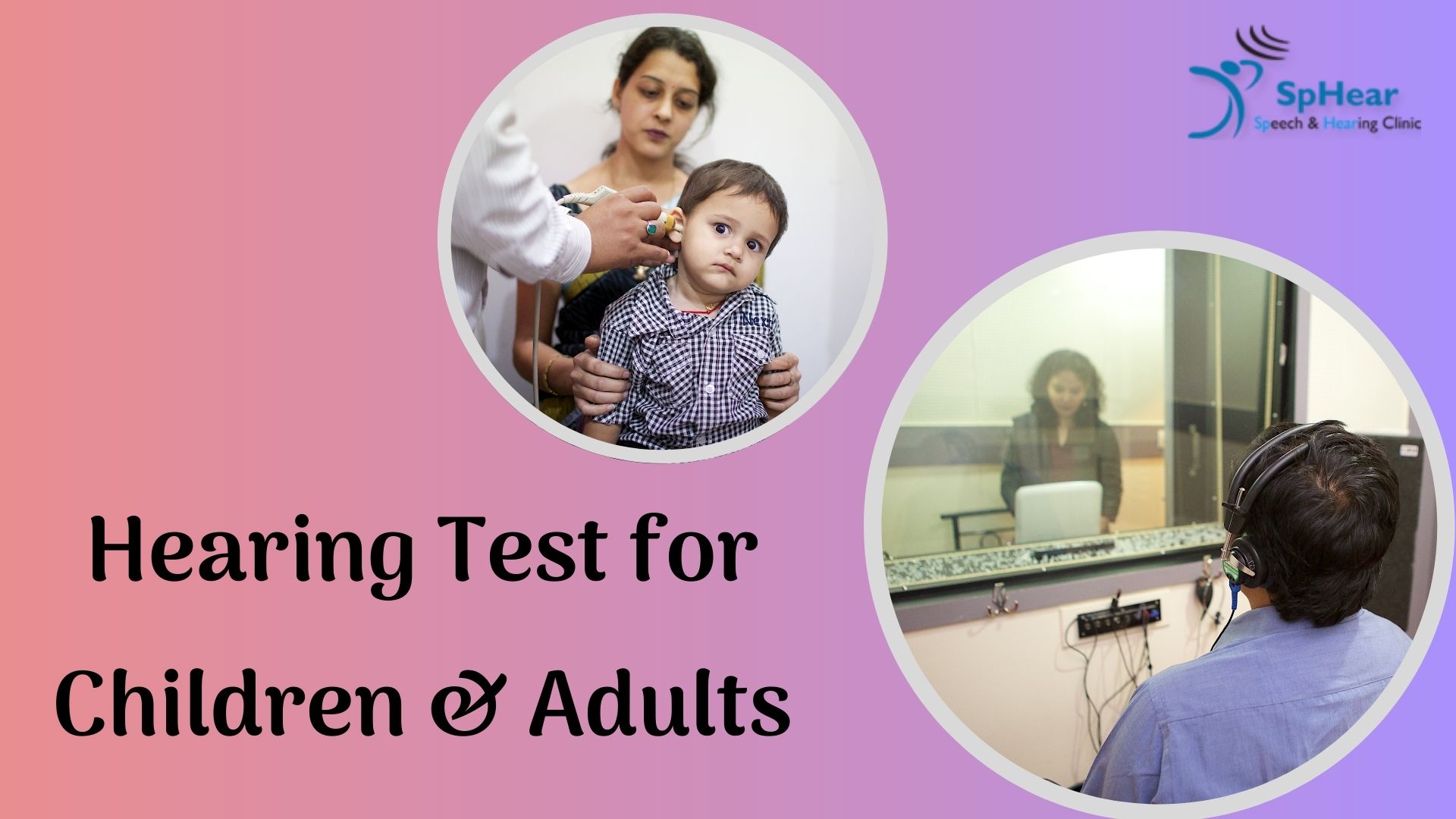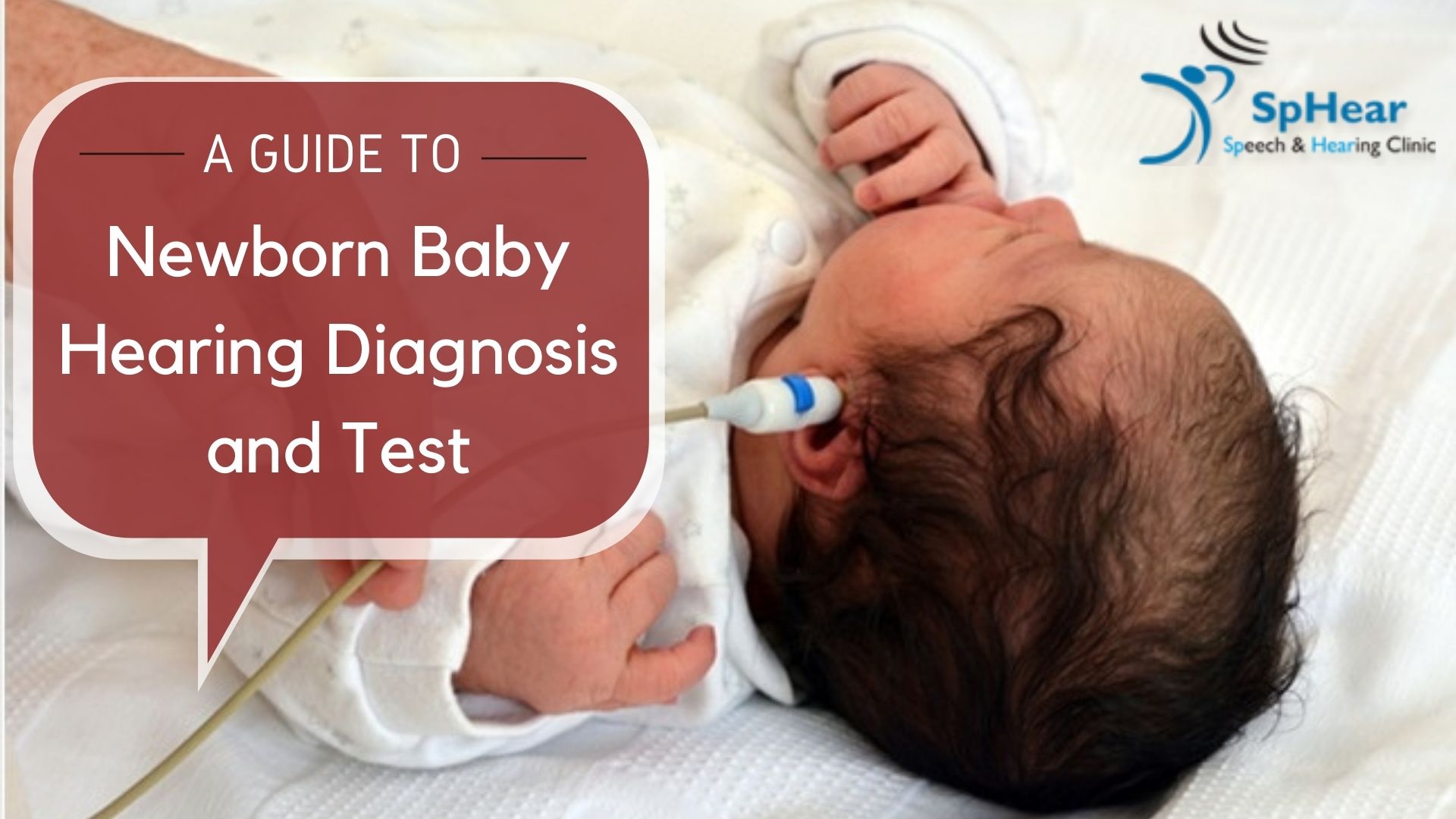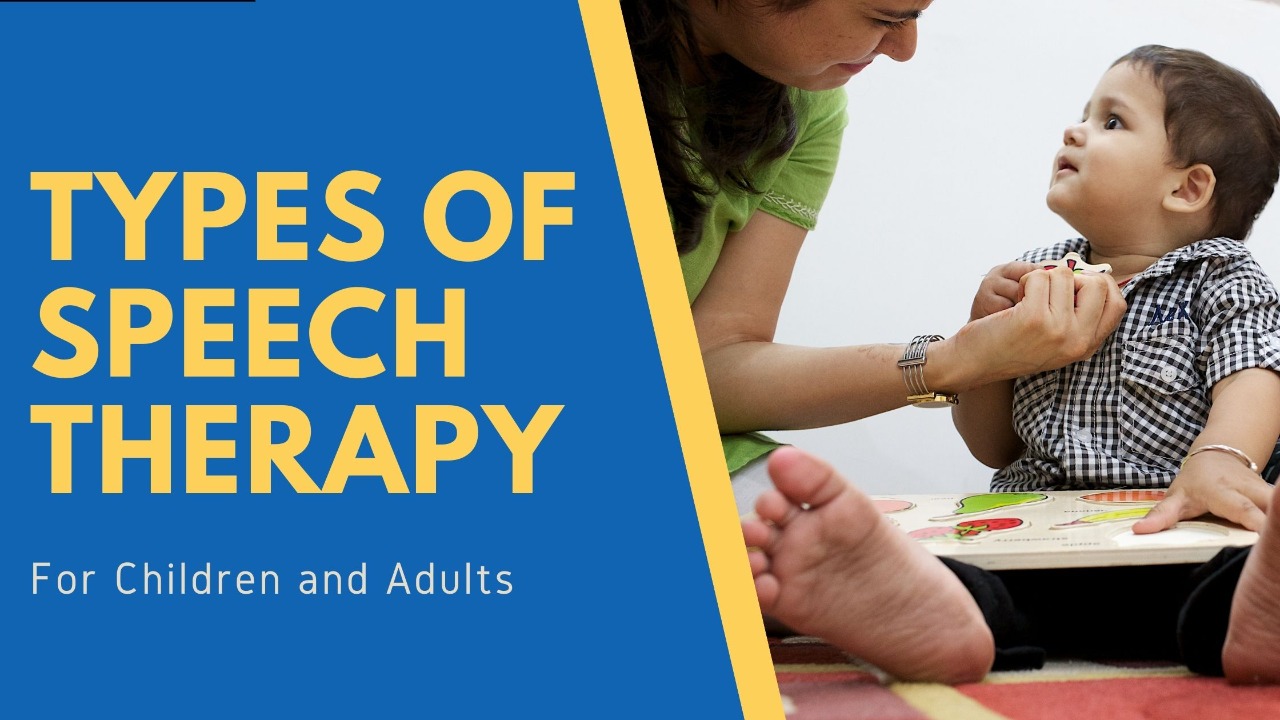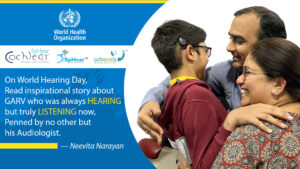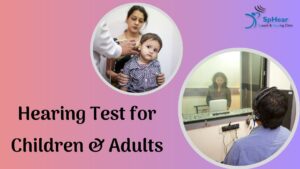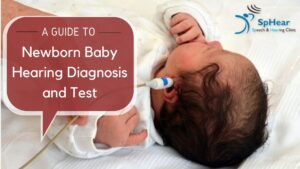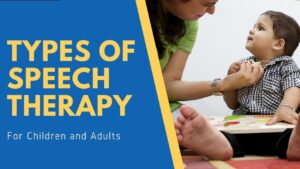Contacting a Cochlear Implant Team
Cochlear implant surgery and follow – up takes place at our cochlear implant centers.
Assessment
Cochlear implant candidates undergo a number of routine assessments prior to surgery. The information gathered enables the cochlear implant team to identify any additional conditions or needs and helps candidates establish appropriate expectations.
Audiological
- Hearing levels with and without hearing aids.
- Speech understanding with hearing aids.
- Auditory nerve function.
Medical
- Evaluation of cause of hearing loss
- General health.
Radiological
- CT and/or MRI studies.
Speech & Language
- Assessment of stage of speech and language development.
Psychological
- Ability to cope with surgery.
- Ability to participate in the follow-up program.
Educational
- Assessment of educational needs.
The Operation
Hospital stay is likely to be a maximum of two days. We would normally admit on the day of the operation provided all the preoperative tests are satisfactory Cochlear implant surgery lasts about two hours and is performed while the patient is under general anesthesia. The electrode array is inserted into the cochlea. The receiver/stimulator is secured to the skull. Typically, patients remain in the hospital for two nights. They have a bandage on their head which is removed after four days. Patients return to school or work as soon as they feel well enough to do so, usually within a week of surgery.

First Sounds With a Cochlear Implant
A speech processor program, also known as a map, contains settings for pitch, loudness, and timing. Programs are customized to meet each person’s particular needs during “fitting sessions” with an audiologist. The speech processor is fitted 2 to 3 weeks after surgery and is set up individually for each user.
To program the speech processor:
- The user wears the processor.
- The processor is connected to the clinic’s fitting computer.
- The fitting computer generates signals at carefully controlled levels.
- The user indicates the quietest signal heard (threshold level) and the loudest comfortable signal heard (most comfortable level).
- These two levels are measured for all channels in the cochlea.
- Using this information, a program is created which allocates sounds between these two levels and ensures that sounds are loud enough to hear but not comfortably loud.
- The program is fine – tuned during following clinic sessions.
Habilitation and Rehabilitation
In order to attain the greatest benefit from a cochlear implant, candidates should be fully committed to the follow–up the program designed by their cochlear implant team. Follow – up programs vary according to local practice and often include.

Is a cochlear implant right for me?

Children and cochlear implants
Studies have shown that children who receive a cochlear implant before the age of two, possess spoken language skills equal to or closely ranked with their hearing peers. A delay in language development could have a severe impact on a child’s ability to read and write.
Is your child a candidate?
- Was your child born with a moderate – to – profound hearing loss in both ears?
- Does your child fail to respond to your voice even while wearing hearing aids?
- Has your child experienced a hearing loss after learning how to speak?
- Is your child no longer progressing with speech and communication skills?
- Does your child depend heavily on lip – reading?
- Is your child exhausted at the end of the school day because communication requires such a high degree of concentration?
As parents, are you highly motivated to work with your child to help them develop age appropriate language and communication skills?
If you answered “yes” to several of these questions, you child may be a candidate for a cochlear implant. If you’d like to know more about the viability of a cochlear implant, you should discuss your child’s options with your local audiologist or cochlear implant clinic.
Adults and cochlear implant
An increasing number of adults are choosing to have cochlear implants as they realize that they no longer need to live in isolation caused by hearing loss. With a cochlear implant talking on the phone, participating in meetings, enjoying concerts and the cinema, and interacting with family and friends may once again become a reality.
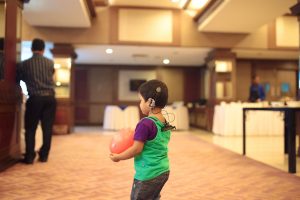
Am I a candidate?
- Do you have to ask people to repeat themselves in one – on – one conversations, even in a quiet room?
- Do you only understand relatives and close friends on the telephone?
- Do you depend on lip – reading to understand a conversation?
- While dining with friends at a restaurant, do you have difficulty following the conversation?
- Do you avoid social activities because you can’t hear what is being discussed and are afraid you will not respond correctly?
- Do you watch only captioned television programs?
- Can you no longer hear birds singing?
If you answered “yes” to several of these questions, you may be a candidate for a cochlear implant. To find out more about the viability of a cochlear implant you should discuss your options with your local audiologist or cochlear implant clinic.
Habilitation and Rehabilitation
Habilitation or rehabilitation is the learning phase of your cochlear implant process and is essential to good hearing and communication outcomes. Babies have to learn to understand the sounds they now hear and to communicate with the people around them. Adults must learn to listen and understand again.
Habilitation for children
If your child has never heard, it may take a while for their brain to make sense of environmental and spoken sounds. Just like a newborn, your child needs time and experience to learn to listen, to learn the language and in turn to learn to speak.
A comprehensive educational and habilitation program will increase your child’s ability to benefit from a cochlear implant.
Rehabilitation for adults
If you’ve been without hearing for some time, it may take a while for your brain to adjust to the stimulation of the implant.
Learning to hear and speak again can be a long process for some. A rehabilitation program will help you develop new listening skills through daily activities. Your clinician will help you with techniques to improve your hearing. You can come to speech therapy Noida for more quality and personalized care.
Also read about: Speech Therapy for all ages
